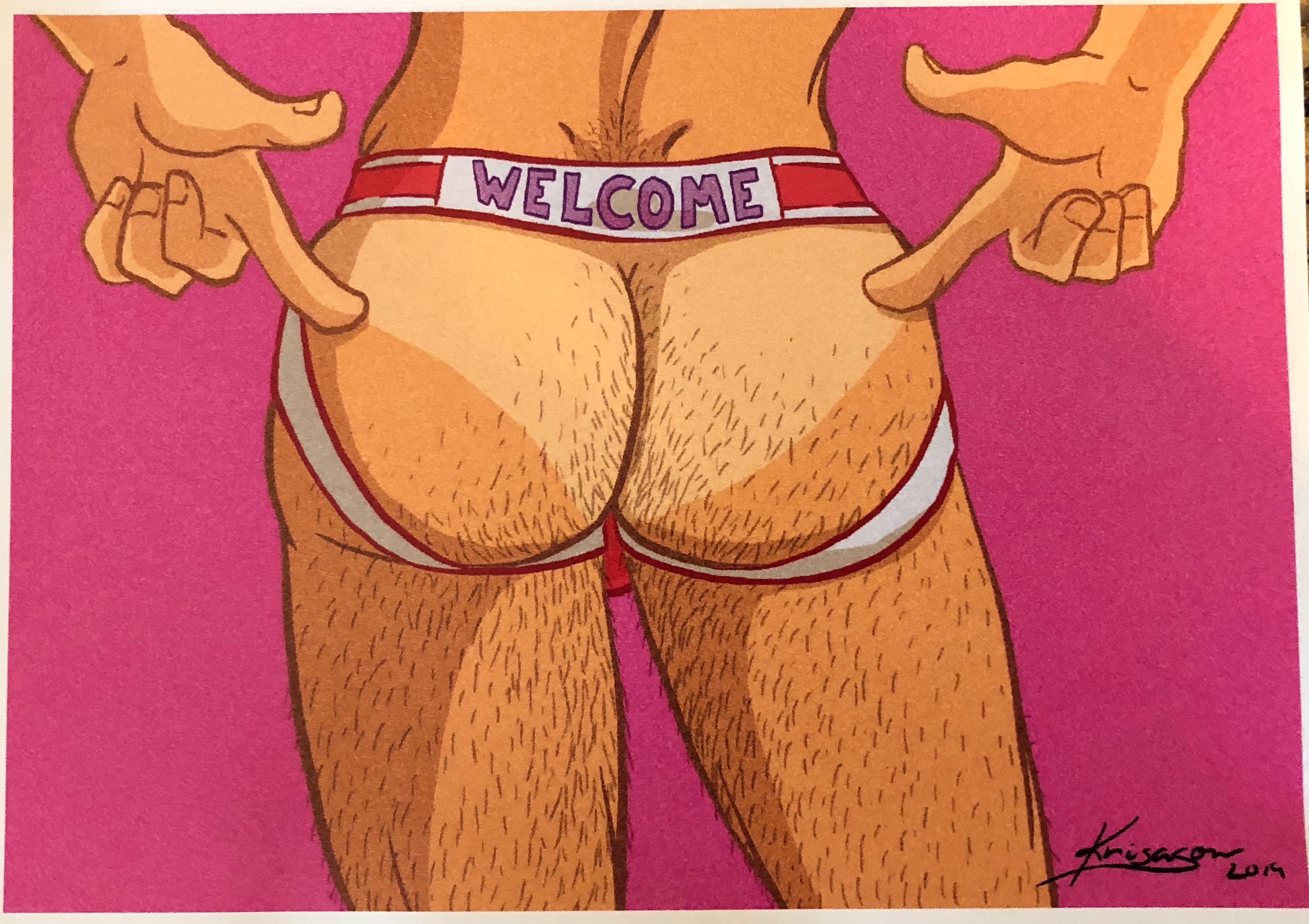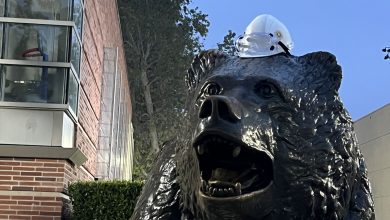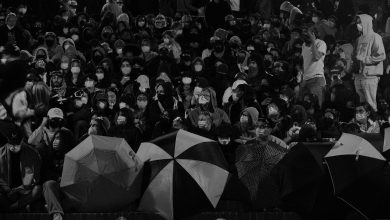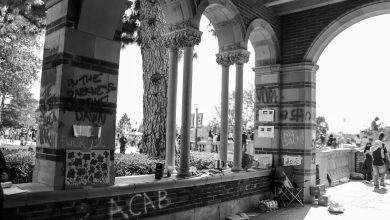Event Review: The Latino Comics Expo

Photo by Julia Do, art by Mendonça
Many remember comic book series such as X-Men, Captain America, and Superman for their triumphant underdog tales and spark of adventure reminiscent of childhood. However, for others these eminent works rarely give insight into the lives of people of color, members of the LGBTQIA+ community, and women, and thus serve as reminders of persistent racial, cultural, and sexual exclusion.
On November 11th and 12th, the Museum of Latin American Art (MOLAA) hosted LCX – the nation’s first comic book convention dedicated to showcasing the vibrant and diverse works of comic creators, illustrators, and others involved in the literary and visual arts that exhibit and celebrate the influence of Latinx culture. From “Mini Comics” workshops to “Queer Comics Taking Over The World” and “Latina Power!” panel presentations, the founders and exhibitors of LCX made it clear that the purpose of the Expo is to create a space to cultivate creativity, educate, learn, and share the richness of the multitude of Latinx cultures.
At LCX, artists and writers, including Breena Nuñez Peralta, Kris Barz Mendonça, and Isabel Castro and Natasha Hernandez, exhibited their comics and zines that not only provide representation for, but also seek to empower, include, and appreciate their readers.
Artist Breena Nuñez Peralta, growing up as a Central American woman and realizing the lack of representation in cartoons and comics, took it upon herself as a “historical responsibility” to capture the Central American diaspora and transnational experience in her works. Peralta describes using comic book illustration, specifically in her zine, Crocodile Girl, “as a way to honor my nahual, my ancestry, and my brown skin.” The zine explains Peralta’s personal relationship to her nahual (a totem spirit from the Mayan T’zolkin Calendar and other calendars from Mesoamerica that is given to one at birth to navigate how one will grow as an individual), the Imox (a crocodile spirit), and how the Imox assisted her in healing from the scars of racial injustice and finding pride in her identity and heritage.
Similarly, author Kris Barz Mendonça, in the LCX panel “Queer Comics Taking Over the World,” spoke about his experience as a gay man of color born and raised in the racially and socially multifaceted country of Brazil. He talked about how he felt that mainstream comics were seemingly unable to reflect the beautifully diverse community he saw around him. While he, like many other children, adored series like X-Men growing up, he found it increasingly difficult to identify with the slew of white, heterosexual superhumans he read about. Thus, Mendonça produced Out & About, a webcomic with a diverse cast of characters intended to tell stories about LGBTQIA+ issues in an enjoyable, yet informative, way.
Mendonça sought to portray his characters’ day-to-day lives, relationships, and struggles in a realistic manner, while simultaneously highlighting their individuality and the commonality of their experiences. “What I want to show in my comics is that there is such an enormous hue of people in the world, that it’s possible to identify with different traits of the personality of different characters, because none of them will be an exact representation of specific people. The real beauty of the LGBTQIA community is that there are so many kinds of people and this is what makes our community become a whole.”
Taking a different approach from Peralta and Mendonça, Isabel Castro and Natasha Hernandez founded St. Sucia, a series of zines “Exposing What It Is To Be A Mujer” consisting of submissions by women all across the United States. Castro and Hernandez’s goals for St. Sucia is to encourage mujeres everywhere to express themselves, regardless of their literary and artistic background, age, or sexual orientation. Each zine is centered on a specific theme that Latinas face in contemporary society, including education, reproductive health, politics and resistance, and family. Their seventh issue, “Lonjas, Legs, Y Labios,” centers on body issues and includes poetry, satirical art, photography, and narrative submissions from women in California, New York, Texas, Washington, the Dominican Republic, and Venezuela. In this issue, various authors and artists share their struggles to appreciate their bodies in the face of familial shaming and dual societal expectations (as Americans and Latinas), undoubtedly culminating in a message of self-love, rightful ownership, and acceptance.
Through the works of Peralta, Mendonça, Castro, Hernandez, and a myriad of other artists and creators, we can see how there is an ongoing fight for inclusivity and celebration of diversity in the world of comics. Though considerable contributions have been made in showcasing Latinx pop culture in all its array of mediums, multiple dimensions of race, gender, class, and sexuality still remain forgotten in mainstream media.




